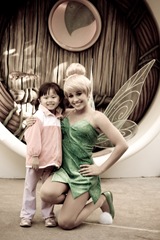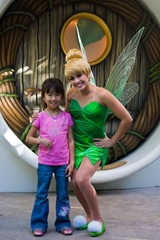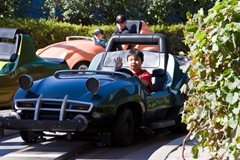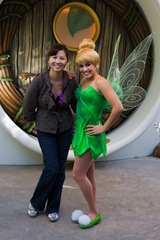Some years ago, I read Jared Diamond’s Guns, Germs and Steel. Diamond took a whirlwind look at the human societies trying to answer the question posed to him by a politician from New Guinea:
“Why is it that you white people developed so much cargo and brought it to New Guinea, but we black people had little cargo of our own?”
Diamond took a broader approach: why European societies managed to dominate the world in wealth and power?
He rejected the notion of racial or intellectual superiority as answers and argued that successful societies are not created out by sheer intelligence, but by a chain events. His investigation focuses on environmental issues and formed a theory that whites dominate the natives because of environmental influences.
He argued that development of farming in specific regions and favorable climates in certain areas that give rise to the growth of important crops. Some regions were less prime for farming like New Guinea. The farming advantage gave way to a larger population which in turn gave way to trade & economic growth in a society. Two critical advantages come with larger more efficient societies: strong immunity and faster technology progress.
In short, Diamond basically argued that the dominance of Europeans is attributed to happenstance (luck of climate and location) rather than actual differences (intelligence, strength, etc) between the people. His theory gained both acceptance (the book won 1998 Pulitzer prize) and criticism.
It was an interesting read; while I accept a lot of his arguments but I do think he sidestepped some of the more controversial issues.
Anyhow I was browsing TED the other night and came across an interesting presentation called “Why Societies Collapse” by Diamond in 2003. In it, he argued for 5 factors that lead to a collapse of a society:
- Human impact on environment
- Climate change
- Relation with neighbor societies
- Relation with hostile society
- Political, economic and cultural factors that lead a society to perceive & solve environmental problems.
As an example, he explained how all these 5 things that can lead to the collapse of Montana (who knew Montana is in danger? :).
- toxic from mines, weed control, salination, forest fires etc…
- warmer & drier weather
- half of Montana income derived from out of state
- economic hostile from over seas and terrorism
- long-standing traditional values getting the way
He argued that two things that blind a society from seeing the coming collapse:
- The conflict of short term of decision maker elite and long term of society as whole. He argued that this conflict is particular acute in US in 2003 as the elite insulate themselves from society; he used ENRON as an example.
- It is hard to make good decision when conflict involving long-standing values. He used Australia as an example, but he can simple look at the religious conservative in the American heart-land.
Diamond argued that these ticking time-bombs have short fuses, most of them a few decades-long. We are on a non-sustainable course and we will face outcomes in the coming decades. Ever the optimist, Diamond claimed that that we have choices and we can choose to do things to avoid a collapse of our society.
The take away lesson?
We have to look at what we can do and do more!
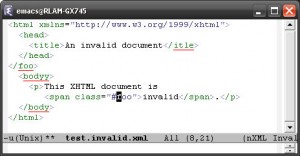










 While watching Wall-E with the girls this weekend, I finally catch on to one of the inside jokes from the movie Wall-E now that I started to use a Mac.
While watching Wall-E with the girls this weekend, I finally catch on to one of the inside jokes from the movie Wall-E now that I started to use a Mac.





